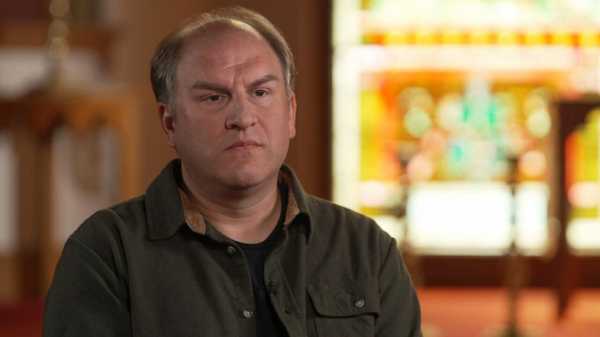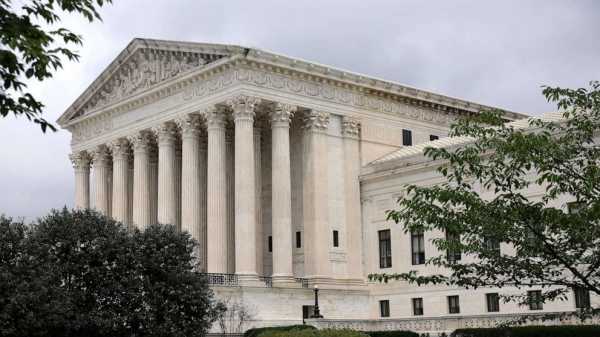A unanimous Supreme Court on Thursday ruled in favor of a former U.S. Postal Service letter carrier from Pennsylvania who didn't want to work on Sundays in order to observe the Sabbath and was disciplined for skipping shifts.
The decision by Justice Samuel Alito gives Gerald Groff, the carrier, a chance to potentially get his job back and more broadly raises the bar for when employers can legally refuse to accommodate the religious practice of their employees.

Gerald Groff of Lancaster County, Pennsylvania, resigned as a Postal Service letter carrier in 2019 after his boss would not excuse him from Sunday shifts to observe the Sabbath.ABC News
MORE: Supreme Court showdown over Sabbath could change workplaces across US
The Civil Rights Act of 1964 requires employers to accommodate the employee unless it would pose an "undue hardship."

The U.S. Supreme Court is seen on June 23, 2023 in Washington, D.C.Kevin Dietsch/Getty Images
The Supreme Court 46 years ago interpreted that to mean anything more than a "de minimis" cost on the business — a low bar.
In Thursday's ruling, Alito and the court clarified and tightened that standard, saying federal law requires employers to show more deference to employees unless there is a "substantial burden" on the business.

The U.S. Postal Service delivers mail 6 days a week, except Sundays, but in 2015 the agency contracted with online giant Amazon to deliver some of its packages on Sundays.ABC News
The case will have an impact on workplaces across America and the ability of employees to more easily seek religious accommodations from their employers.
Religious community reaction
Some religious organizations praised the ruling, saying that it will increase liberties and protections for people in the workplace.
“For too long, American Muslims have been denied the right to perform daily prayers at work, wear hijab or kufi or attend prayers on Fridays. Today marks a new era,” Nihad Award, the executive director of the Council on American-Islamic Relations, wrote in a statement.
The Orthodox Union, a major Jewish organization, said in a statement that the ruling could help Jewish people in the workforce with accommodations such as times to pray and keeping kosher dietary laws.
Both groups had filed amicus briefs in support of the defendant in the case.
Conversely, the Center for Inquiry, a secular and humanist organization that filed a brief opposing the defendant, criticized the ruling. "We live in a pluralistic society, and everyone’s preferences and desires, including the nonreligious, should matter equally. But it's clear that under this interpretation of the law, they don't,” said Center for Inquiry Legal Counsel Vice President Nicholas Little.
Sourse: abcnews.go.com






